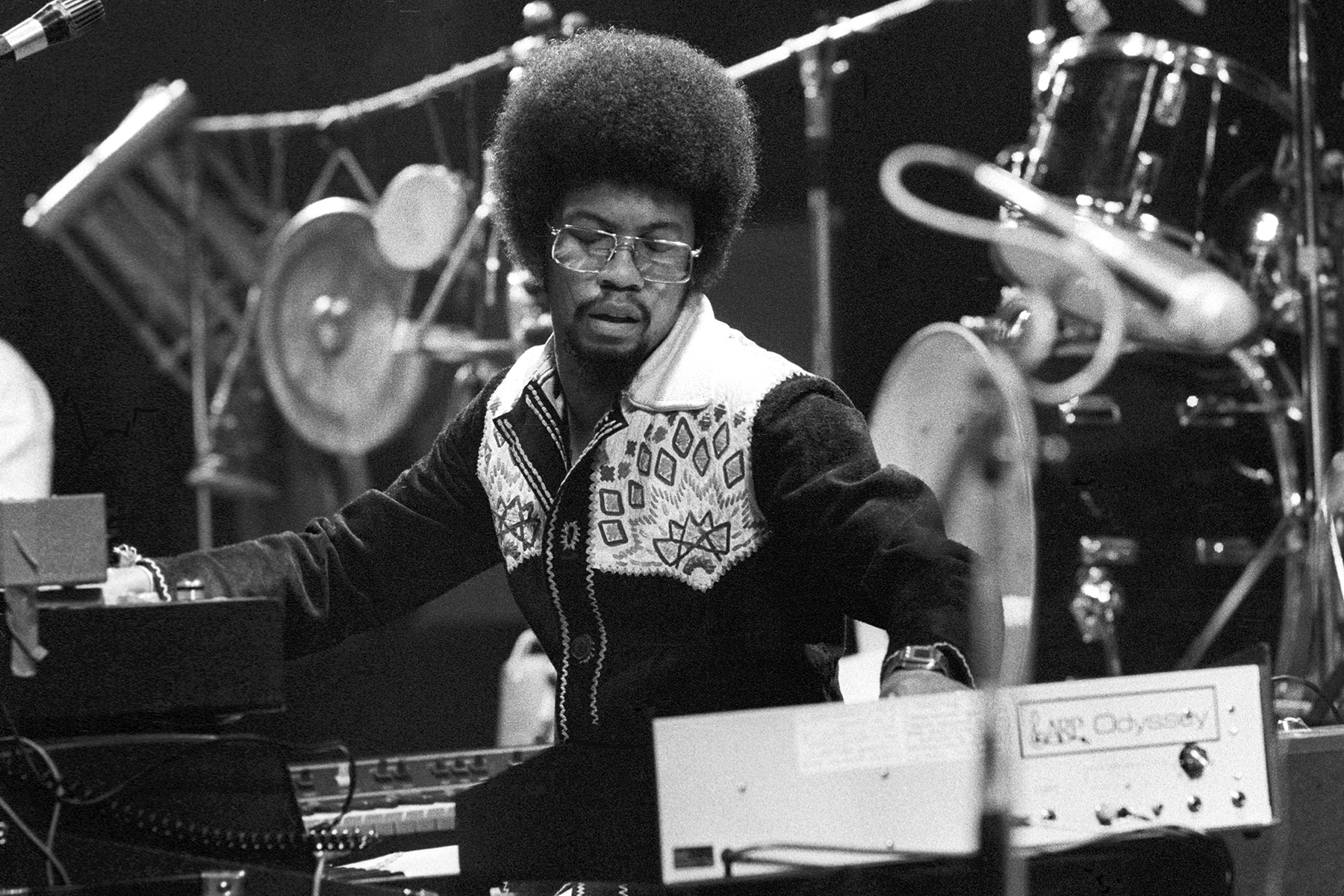He reconciled jazz with the audience who did not listen to or like jazz: Who is Herbie Hancock?
His music is smart, but that doesn't mean he doesn't have heart and feelings. In 1986, he starred in the movie "Round Midnight", for which he also composed Oscar-winning music. Herbie Hancock creates music with a desire for comprehensive exploration, bringing new standards to the pop music industry.

Herbie Hancock, full name Herbert Jeffrey Hancock, was born on April 12, 1940, in the USA. Coming from a family of musicians, Hancock became interested in the piano at the age of seven and gave his first public performance two years later.
Although he initially played classical music, Herbie's main interest was jazz. He played with semi-professional bands in high school, and whenever he had the opportunity, he accompanied jazz musicians, including Donald Byrd, at concerts. When Hancock played in New York for the first time in 1961, Byrd was with him, and he recorded with him for his small group. Among the songs on this first album was "Watermelon Man", a song that managed to bring jazz to ordinary non-jazz listeners. So much so that a cover of this song prepared by Mongo Santamaria entered the Top 10 on the music charts.
Herbert Jeffrey Hancock (born April 12, 1940) is an American jazz musician, bandleader, and composer. Hancock started his career with trumpeter Donald Byrd's group. He shortly thereafter joined the Miles Davis Quintet, where he helped to redefine the role of a jazz rhythm section and was one of the primary architects of the post-bop sound. In the 1970s, Hancock experimented with jazz fusion, funk, and electro styles, using a wide array of synthesizers and electronics. It was during this period that he released perhaps his best-known and most influential album, Head Hunters.
In the early and mid-60s, Hancock led jazz players and ensembles in clubs and recording sessions. But the event that really exploded his fame and brought him international recognition was his joining the quintet led by Miles Davis, with whom he would make music for five years. Towards the end of his relationship with Davis, the band's understanding of music was shifting towards jazz and rock. Hancock found this genre close to him adopted it, and set about putting this idea into practice with the six-person band he founded in 1968. With musicians such as Julian Priester, Buster Williams, and Eddie Henderson, using Hancock's original works, the sextet became one of the best-known and most influential jazz-rock bands of the early 70s. Starting from 1969, the place of electronic pianos and keyboards among Hancock's instruments became stronger, and his frequent use of these instruments and their harmony with other instruments gave the listeners a different taste in music.
In 1973, due to financial difficulties, Hancock decided to reduce the number of community members to four. Bennie Maupin, who was also in the first squad, was also in this quartet. The new group also played fusion music, but this time in a more crazy way, with an attitude closer to jazz fank. With the help of luck, or as a result of a shrewd analysis of the music market, Hancock's first album with this quartet, "Head Hunters", received tremendous acceptance in the rapidly developing disco market, reaching solid sales figures.
In the later parts of the 70s, Hancock's music concentrated in this area. From time to time, he would return to jazz with recording sessions. As he entered the 80s, his fame in the disco market was so great that he had to cut back even more on his jazz pursuits. It was clear from his own ensemble, the old Davis quintet, where Miles Davis was replaced by Freddie Hubbard, and his work with Chick Corea that jazz, even if secondary, was important to Hancock and had not been forgotten. Among the many disco productions, "You Bet Your Love", and "Future Shock" were recorded with Material, and the song "Rockit", whose music video was awarded, can be counted among the works that stand out and bring chart success.
Hancock sat in front of the camera as well as the instruments. In 1986, he starred in the movie "Round Midnight", for which he also composed Oscar-winning music. Later he became more interested in jazz. Williams toured with Ron Carter, Michael Brecker, and many other musicians. Herbie Hancock started from jazz and paved the way for new developments by not ignoring electronic music. "The New Standard", in which Hancock interpreted the songs of singer-songwriter musicians such as Peter Gabriel, Eagles' Don Henley, Stevie Wonder, Paul McCartney, John Lennon, Prince, and Nirvana's Kurt Cobain, was an interesting and pioneering album. The album dedicated to George Gershwin in the late 90s was another work of great music for the listeners.
Herbie Hancock was making music with a desire for comprehensive exploration and was setting new standards in the pop music industry. Even though his first love was jazz, he managed to skillfully transfer his music to other areas by creating breathtaking works. Over time, the moves in Hancock's professional life became alienating to the fans who applauded his music with Miles Davis. Again, these movements brought him closer to the pop music and disco community. The music of his ensemble "V.S.O.P." stood out for its integrity and passion. The first thing that catches the eye is Hancock's clever and generally simple use of the materials he has while playing jazz. One of the most important things he did was to reconcile jazz with listeners who did not listen to or like jazz. His music is smart, but that doesn't mean he doesn't have heart and feelings.
